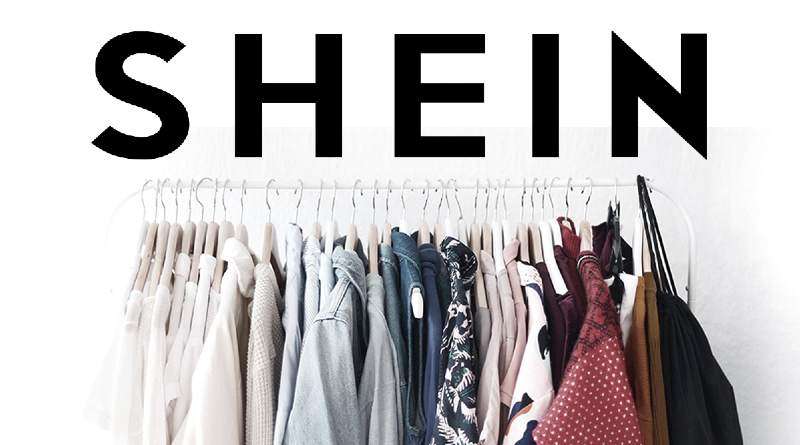HBO’s forthcoming documentary, “Brandy Hellville & The Cult of Fast Fashion” promises an unflinching examination of the fast fashion phenomenon that mesmerized an entire generation — but the problem goes much deeper than just one label.
The HBO Original documentary “Brandy Hellville & The Cult of Fast Fashion,” premiering on April 9th, dives into the dark side of the fashion industry, specifically focusing on the fast-fashion brand Brandy Melville, founded in the 1980s by Silvio Marsan and his son Stephan. Directed by Oscar-winning filmmaker Eva Orner and produced by the award-winning team of Jonathan Chinn and Simon Chinn from Lightbox, the documentary is set to cast a spotlight on the inner workings of a brand that captivated young girls worldwide with its “one size fits most” clothing line. The film uncovers the brand’s alleged discriminatory practices and toxic work environment, alongside the broader implications of fast fashion on global waste.
Through interviews with former Brandy Melville employees and executives, investigative journalist Kate Taylor, and figures like former Teen Vogue fashion editor Alyssa Hardy, the documentary dives deep into the company’s strategies that combined social media savvy with an exclusive aesthetic. It reveals how these practices not only fueled rapid expansion to nearly 100 stores in more than 15 countries — but also perpetuated harmful beauty standards and workplace discrimination.
Expanding its lens, “Brandy Hellville & The Cult of Fast Fashion” also tackles the issue of fast fashion’s environmental impact, tracing the journey of discarded clothing to places like Accra, Ghana, where immense textile waste pollutes land and water. The film features insights from Liz Ricketts, Sammy Oteng, and Chloe Asaam of The Or Foundation, Ayesha Barenblat, CEO of Remake Advocacy Group, and officials from the textile industry, including Matteo Biffoni, mayor of Prato, Italy, and executives from Manteco s.p.a., highlighting the global scale of fast fashion’s consequences.
But Brandy Melville is far from alone. Fashion, particularly fast-fashion giants like Shein, Boohoo, and Forever21 — have long preyed on the vulnerabilities of young girls, leading them into habitual buying to stay on trend. In its 2023 report, secondhand platform ThredUp claimed Gen Z has a higher likelihood of being “addicted” to fast fashion, with nearly half of college students finding it too tempting to resist. Data from 2022 found that 72 percent of college students had shopped fast fashion in the last year. This is even though Gen Z is one of the generations labeled as most concerned about the climate crisis.
“Gen Z has shown the world that they care about the planet more than any other generation, yet they are inundated with shopping choices that make it easier than ever to mindlessly consume,” Neil Saunders, managing director of GlobalData Retail, told Forbes. “This presents a unique challenge for Gen Z. With one in three Gen Z consumers saying they feel addicted to fast fashion, our data demonstrates the dichotomy young consumers face today and presents secondhand as a viable alternative for sustainable, affordable fashion for generations to come.”

Brandy Melville’s “one size fits all” motto also stands in contrast to Gen Z’s demand for more representation. “’One-sized’ clothes exile young adults who don’t have the ‘ideal’ body type without realizing the trauma they might be creating for them,” Elise Coelho wrote in an op-ed last year for the Suffolk Journal. “Instead of contributing and acknowledging the remarks made by body positivity and fat-acceptance movements, these brands are going against the tide, and not in a good way.”
Part of the problem is Gen Z has never known a world without fast fashion. “Garment production has quietly accelerated to breakneck speeds over the past three decades, easing young and old consumers into thinking of their clothes as disposable,” Vox reported in 2021. “It began in the 1990s, so the story goes, when the founder of Zara spun the fast fashion wheel into motion. Zara abandoned the concept of fashion seasons for the thrill of constant novelty.”

Add in social media, and you have the perfect storm. “Social media platforms such as TikTok, Instagram and Facebook are the primary causes of the increase in fast fashion,” reports American School in London. Popular “haul” videos litter the platforms, where influencers show off outfits that cost less than some fast-food meals. All of this is accelerating the demand for labels like Brandy Melville. “Brandy Melville tapped into the worst impulses of being a teenage girl,” someone says in the trailer. “Fast fashion brands convince you to buy so much because they convince you that you are not enough,” said another.
In a LinkedIn post, the group Remake.World, which works to promote human rights and climate justice in the clothing industry, announced its involvement with the film, saying, “[W]e hope to educate and empower the next gen of activists on the damage of big fashion alongside the all too familiar, exploitative story of Brandy Melville,” the group said, offering support to those in the throes of the fast fashion industry. “We can’t wait for you to watch, we hope you feel moved to take action, and we’ll be here when you do.”
“Brandy Hellville & the Cult of Fast Fashion” premieres on HBO on Tuesday, April 9 at 9:00 p.m. ET/PT.
Related on Ethos:


